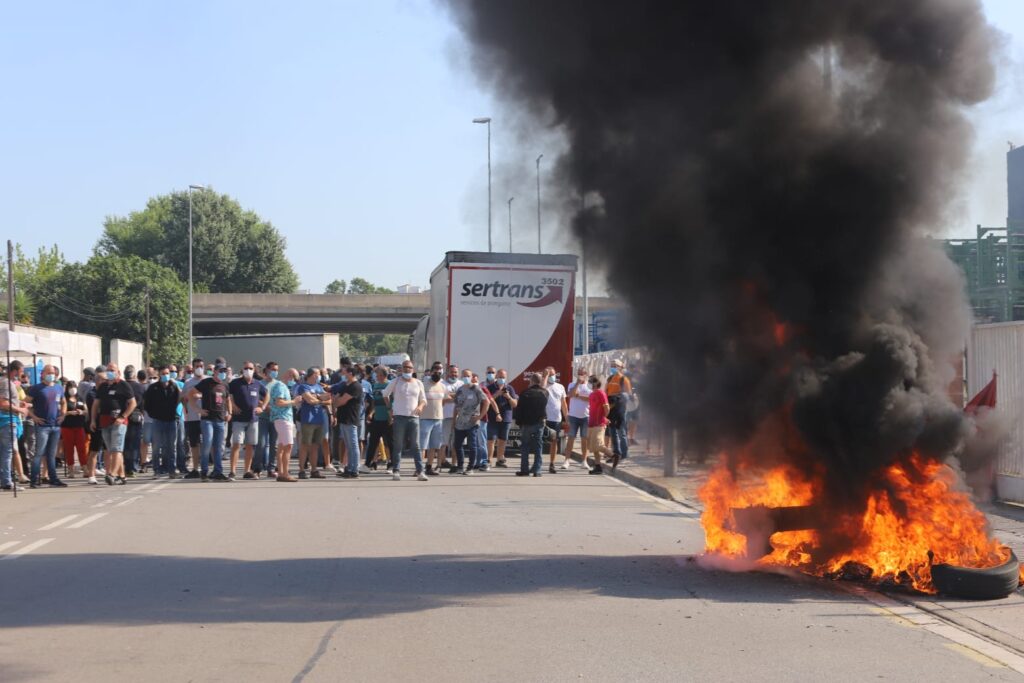28.05.2020 - 14:44
|
Actualització: 28.05.2020 - 16:44
Nissan has decided to close its plants in Catalonia after 40 years of activity, as announced by its CEO, Makoto Uchida, in a press conference in Japan on Thursday morning. The head of the carmaker admitted that they “considered several measures” in order to keep the factories open.
Yet, he confirmed it will close despite it being a “difficult decision” and said that he intends to open negotiations for the layoffs. According to Uchida, there is a need to “rationalize” the business, although the also informed that they will keep their activity in Sunderland (United Kingdom).
20,000 jobs at stake
Some minutes earlier, ahead of the firm announcing its strategic plan for the future, the Spanish government explained it had been informed by the Japanese carmaker that it plans to move out after months of uncertainty.
Over 3,000 people work in the five seats of the Japanese carmaker in Catalonia, and unions say that this decision will not only affect them, but also between 15,000 and 20,000 more indirect jobs. The staff, on strike from May 4 to protest against their uncertainty, was gathering outside the plant to protest in Barcelona from the early morning.
The Catalan and Spanish governments have joined forces in order to avoid the closure of the factory. Both governments have worked on an industrial plan in order to persuade the Japanese company not to end its activity in Catalonia.
On Thursday morning, the Catalan president will chair a meeting with several ministers, and Spain intends to host another meeting with the Catalan authorities, Barcelona’s local council and the consortium of the Zona Franca industrial estate, where the main seat of Nissan in the country is located.
40 years of activity
Nisan began its activity in Catalonia in 1980, and it has five centers in the country: the main factory, in Barcelona’s Zona Franca industrial estate, two more factories in Sant Andreu de la Barca and Montcada i Reixac, an auto part center in El Prat de Llobregat, and a distribution center in the Harbour of Barcelona.
All five seats account for 1.3% of the total Catalan GDP and 7% of the Catalan industrial sector.


